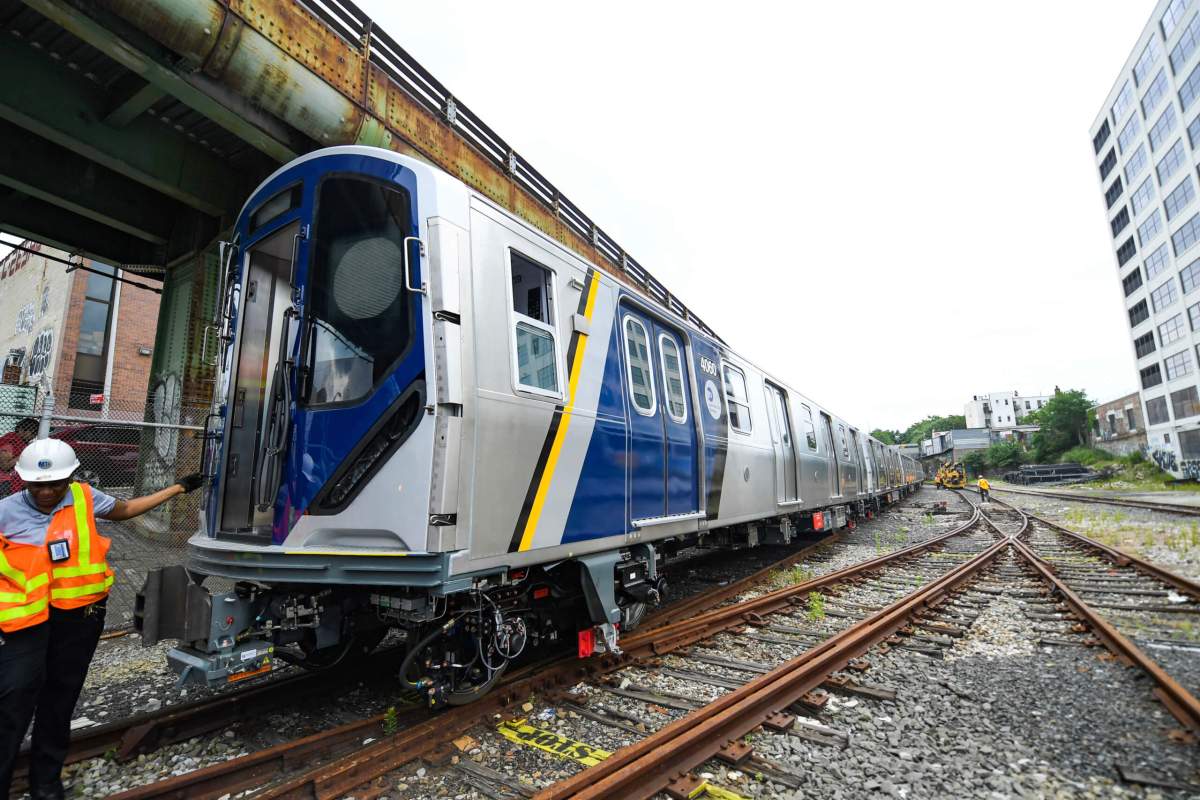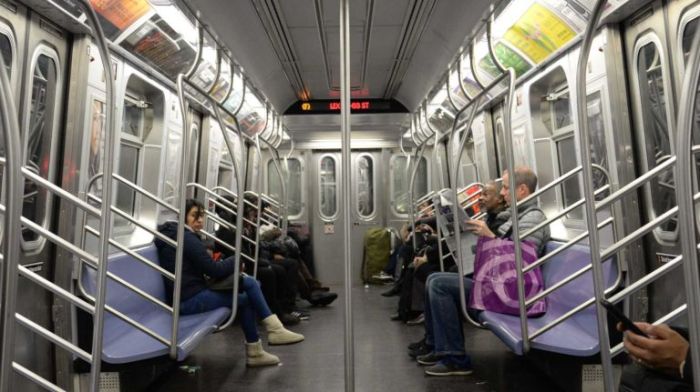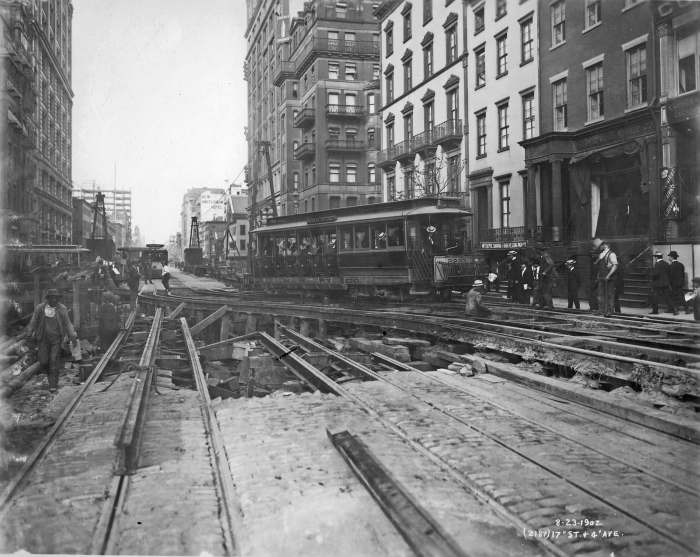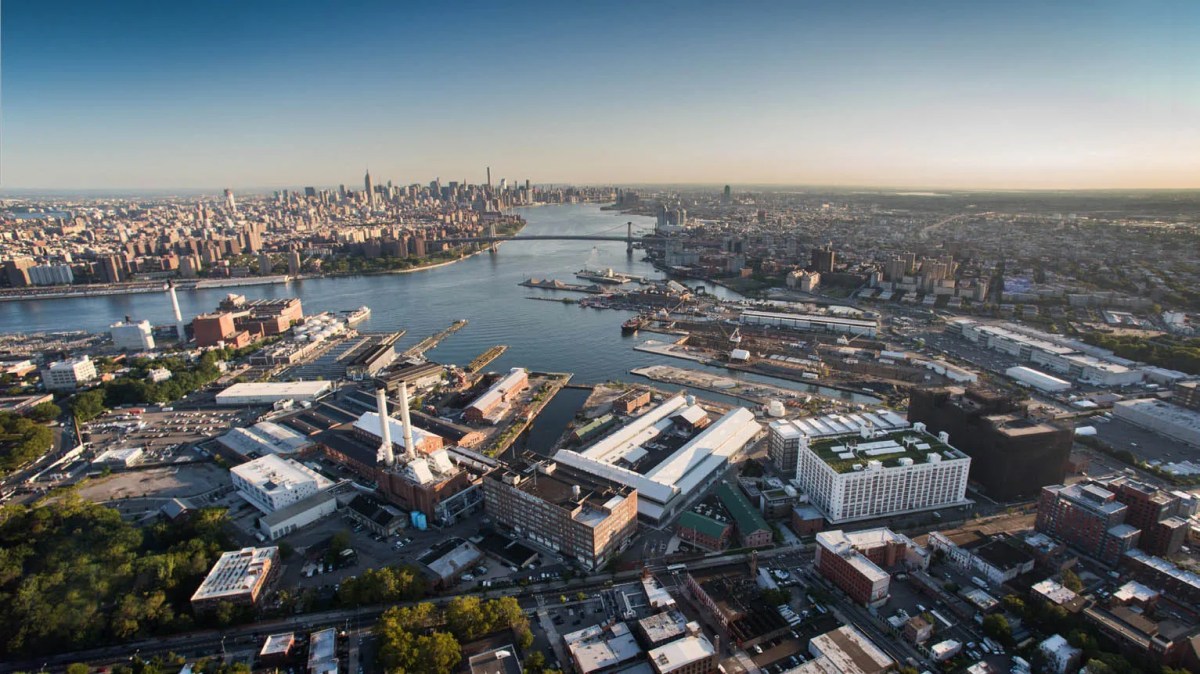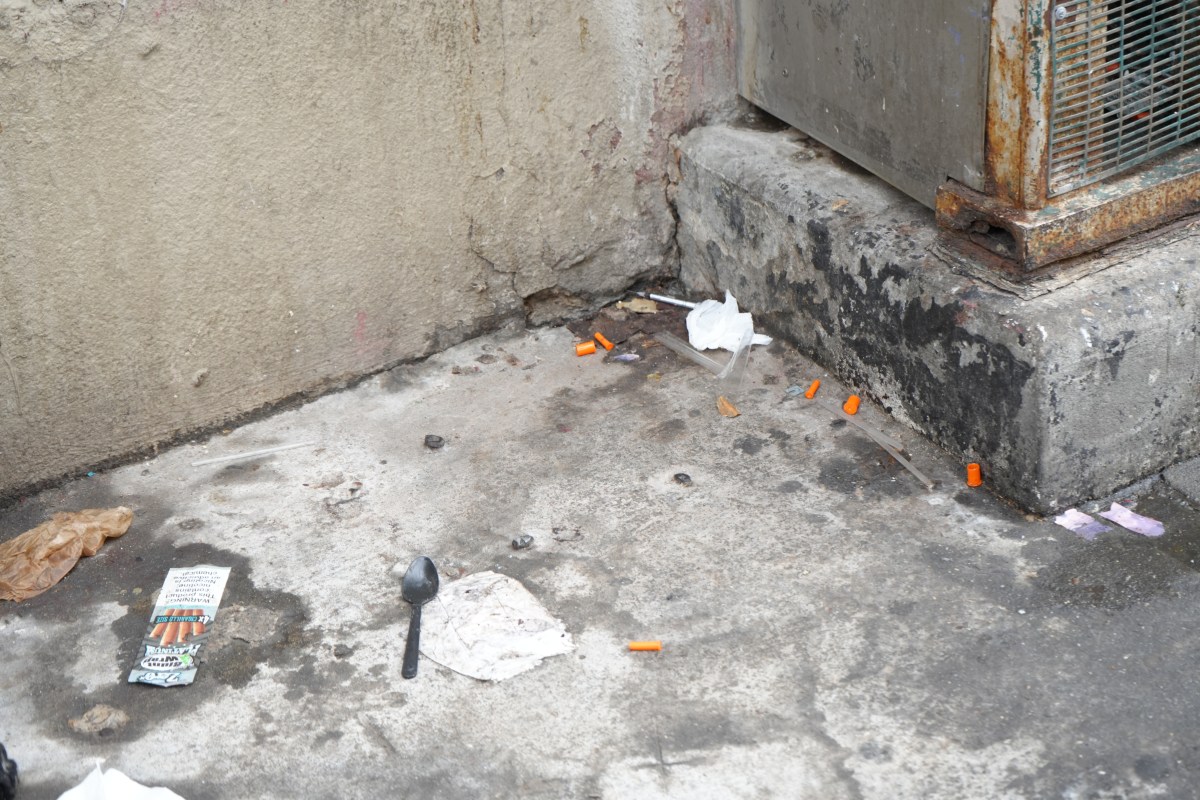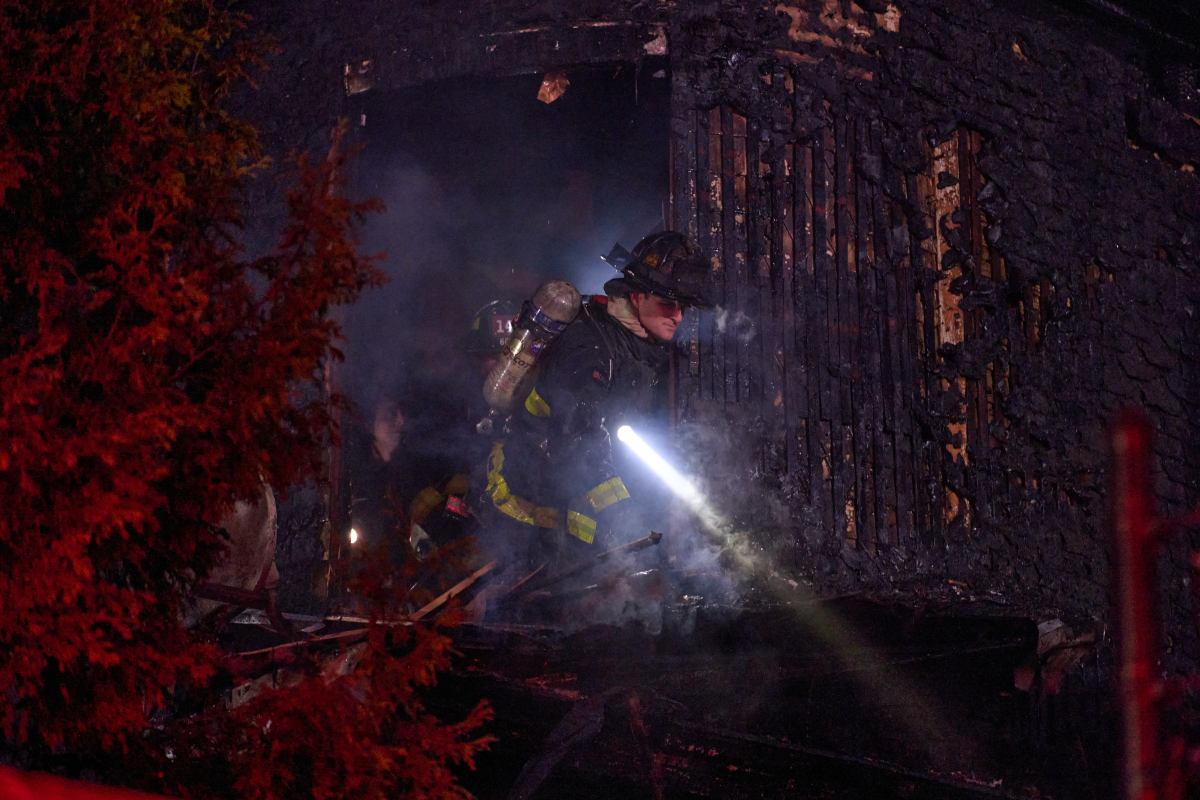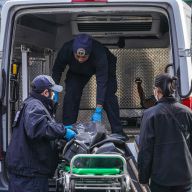Metropolitan Transportation Authority officials are checking in with Japanese manufacturer Kawasaki Rail Car after hundreds of the company’s subway trains were pulled out of service in Washington, D.C.’s Metro system Sunday night following a derailment last week.
“Since we heard about that over the weekend, [Senior Vice President for subways] Demetrius [Crichlow] has already reached out to Kawasaki,” said New York City Transit Interim President Craig Cipriano at a monthly committee meeting Monday, Oct. 18.
The Washington Metropolitan Area Transit Authority took all of its 7000 Series trains built by Kawasaki offline Sunday night.
The model makes up about 60% of Metro’s fleet, forcing the agency to pivot to operating what it called “basic service” Monday morning, with trains departing only every 30 minutes, the Washington Post reported.
The snafu began when a Metro train left the tracks during the evening rush on Tuesday, Oct. 12, stranding riders in an underground tunnel in Northern Virginia until they could be evacuated.
Investigators with the National Transportation Safety Board found the train had derailed at least twice before on the same day but was able to get back on track, and they even recovered loose bits of the brakes scattered along the route, the paper reported.
The 7000 Series are Metro’s newest rapid transit cars in the fleet, but NTSB found issues with the axles and urged other transit agencies that use Kawasaki Rail cars to check their fleet.
The Japanese company with a plant in Yonkers, has supplied thousands of cars for the New York City subway system and the MTA’s two commuter trains, the Metro-North Railroad and the Long Island Rail Road.
They also manufacture trains for the Port Authority of New York and New Jersey’s PATH trains that travel between Manhattan and the Garden State.
Cipriano said the Metropolitan Transportation Authority’s trains made by the company don’t have the same axle, but that they are trying to get all the info from Kawasaki.
“It doesn’t appear right now we have the same axle, but we’re keeping in close contact to make sure that we get all the information,” the transit big said.
A Port Authority spokesperson said the bi-state agency is reviewing the issue, but officials don’t believe it affects their 350-strong fleet of Kawasaki-made PA-5 train cars.
“Based on the information we’ve seen so far, it doesn’t appear that this issue will affect our fleet or our service but we will continue to review,” said Scott Ladd.
MTA is currently test-driving new Kawasaki subway models called the R211, which are slated to roll out for service between September 2022 and 2024.
The agency has agreed to buy 535 of those cars for $1.4 billion with an option to add up to 1,612 of the new people movers. They offer an array of flashy specs, including slightly wider doors, LED lighting, digital displays, more fold-up seats that offer room for wheelchair users, and surveillance cameras.
NYCT currently has 3,141 subway cars and locomotives made by Kawasaki in its stable, amounting to about 44% the agency’s total fleet of 7,092 cars.
MTA did not confirm by press time how many Kawasaki train cars it currently runs, but a spokesperson said that none of the MTA’s trains have the same axles as the 7000 Series.
“The equipment used in the D.C. Metro 7000 series is different from the MTA’s in design and specifications across all agencies including New York City Transit, Long Island Rail Road and Metro-North Railroad,” Eugene Resnick said in a statement. “We will continue to work with Kawasaki to maximize safety and closely monitor the results of the NTSB and D.C. Metro investigations to ensure full compliance with federal car equipment standards.”
Kawasaki did not respond to a request for comment.



